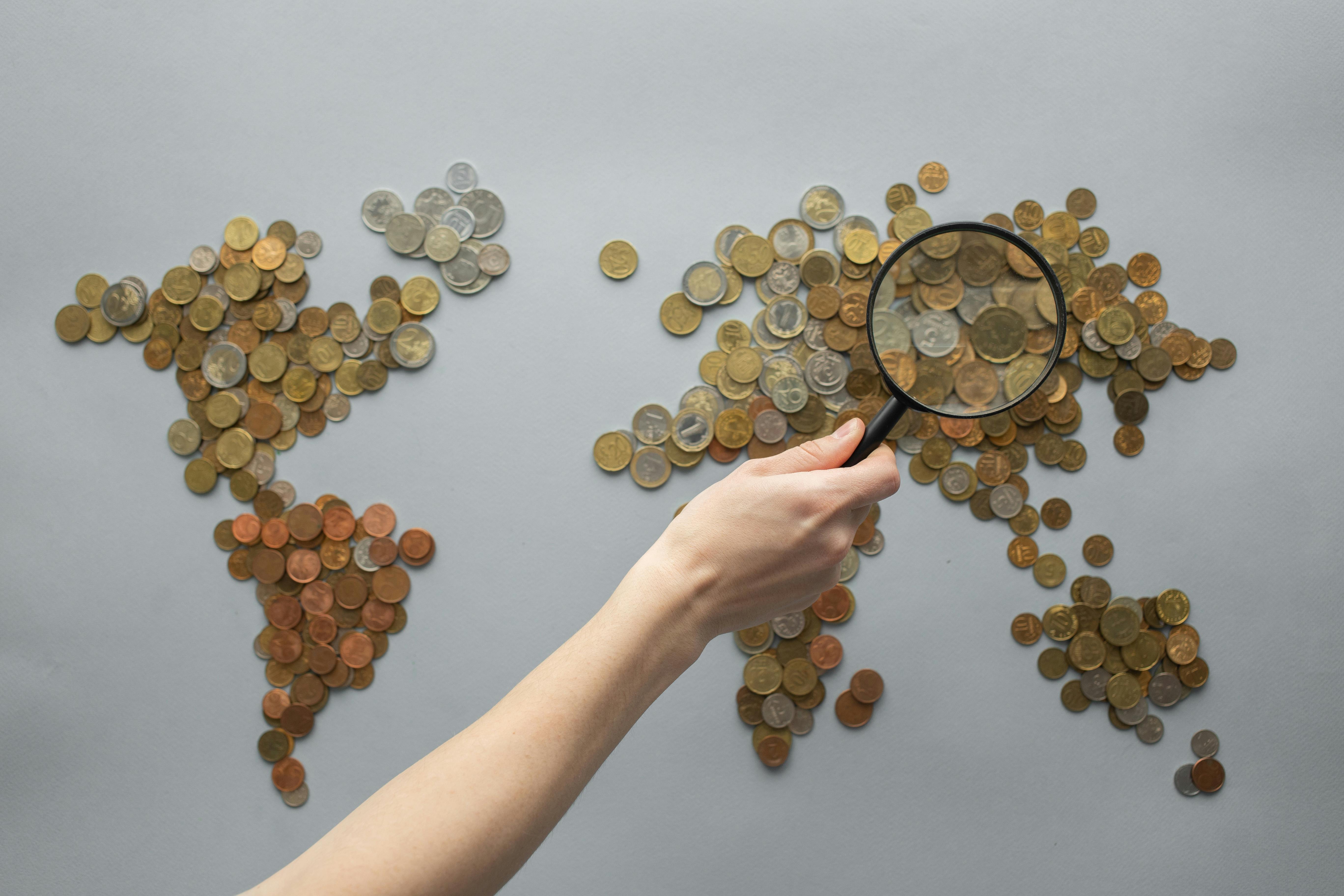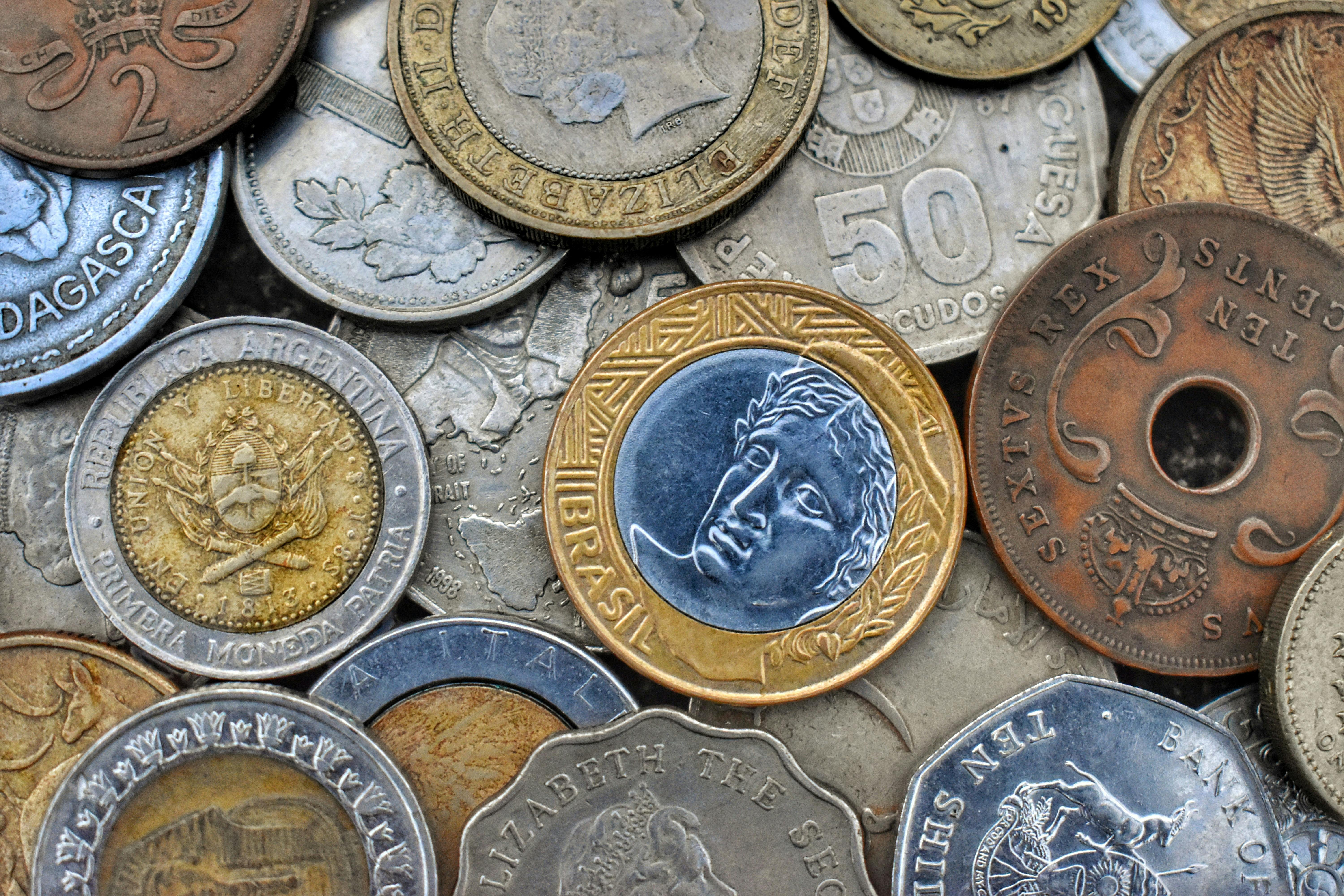Coin Collecting: Identifying Valuable Coins and Building Your Collection
Coin collecting, often referred to as numismatics, is a hobby that combines history, art, and investment. Whether you’re a novice or a seasoned collector, understanding how to identify valuable coins and build a meaningful collection is essential. This guide will help you navigate the world of coin collecting, offering tips on identifying valuable coins, starting your collection, and maintaining it.


Identifying Valuable Coins
Historical Significance
- Age and Rarity: Older coins, especially those from historical periods, can be quite valuable. Coins that were minted in limited quantities or were part of significant historical events are often more sought after.
- Mint Marks: Coins minted in certain locations (identified by mint marks) can be more valuable. For example, coins from the Carson City Mint (marked with "CC") are often highly prized.
Condition and Grading
- Grades and Quality: The condition of a coin greatly influences its value. Coins are graded on a scale from Poor (P-1) to Perfect Mint State (MS-70). Higher-grade coins, which show little to no wear, are more valuable.
- Certified Coins: Coins that have been professionally graded and certified by organizations like the Professional Coin Grading Service (PCGS) or the Numismatic Guaranty Corporation (NGC) are often more trusted and valuable.
Metal Content
- Precious Metals: Coins made of gold, silver, or platinum are generally more valuable due to their metal content. The value of these coins can fluctuate with the market price of these metals.
- Bullion Coins: Coins specifically minted for investment in precious metals, such as the American Gold Eagle or Canadian Maple Leaf, hold significant value.
Unique Features
- Errors and Variations: Coins with minting errors or unique variations can be extremely valuable. These errors could include double strikes, off-center strikes, or unusual die markings.
- Commemorative Coins: Special edition coins minted to commemorate events, anniversaries, or notable figures can also be valuable due to their limited mintage and historical significance.
Starting Your Coin Collection
Research and Education
- Books and Guides: Invest in coin collecting books and guides, such as "The Official Red Book: A Guide Book of United States Coins" by R.S. Yeoman. These resources provide valuable information on coin values, history, and grading.
- Online Resources: Websites like CoinWorld and NumisMaster offer a wealth of information and current market trends. Online forums and communities can also be a great place to learn from experienced collectors.
Choosing a Focus
- Specialization: Decide on a focus for your collection. You might choose to collect coins from a specific country, era, or type (e.g., ancient coins, commemorative coins, or currency coins).
- Set Goals: Establish clear goals for your collection, such as completing a set of coins from a particular series or collecting coins from each year of a certain period.
Purchasing Coins
- Reputable Dealers: Buy from reputable coin dealers or auction houses to ensure authenticity and fair pricing. Look for dealers who are members of the American Numismatic Association (ANA).
- Coin Shows and Auctions: Attend coin shows and auctions to see a wide variety of coins and meet other collectors. This can also be an opportunity to purchase unique and rare coins.
- Online Marketplaces: Online platforms like eBay can be good sources for coins, but be cautious and check seller reviews and ratings. Always ensure that the coins come with a return policy or guarantee of authenticity.
Building and Maintaining Your Collection
Organizing Your Collection
- Cataloging: Keep a detailed catalog of your collection, including information about each coin’s date, mint mark, grade, and purchase price. This can be done in a physical ledger or through digital tools and apps.
- Storage Solutions: Store coins properly to preserve their condition. Use acid-free holders, coin albums, or air-tight containers to protect them from damage and environmental factors.
Preserving Coin Quality
- Handling Coins: Always handle coins by their edges to avoid damaging the surface. Consider wearing gloves to prevent oils from your skin from transferring to the coins.
- Cleaning Coins: Avoid cleaning coins, as this can reduce their value. If cleaning is necessary, seek professional advice or services.
Valuing and Selling Coins
- Regular Appraisals: Have your collection appraised regularly to stay updated on its value. Market conditions can change, affecting the worth of your coins.
- Selling Coins: When selling, use reputable dealers or auction houses. Research current market values and trends to ensure you get a fair price for your coins.
Enjoying the Hobby
Connecting with the Community
- Join Clubs and Societies: Become a member of local or national coin collecting clubs and societies, such as the American Numismatic Association (ANA). These organizations offer resources, events, and networking opportunities.
- Attend Events: Participate in coin shows, conventions, and exhibitions to learn, trade, and expand your collection.
Continual Learning
- Stay Informed: Keep up with numismatic publications, blogs, and news to stay informed about market trends, new discoveries, and best practices in coin collecting.
- Expand Your Knowledge: Continue to educate yourself about different aspects of numismatics, including coin history, minting processes, and global currencies.


Coin collecting is a rewarding hobby that offers both intellectual and financial benefits. By understanding how to identify valuable coins, starting with a clear focus, and maintaining your collection with care, you can build a collection that brings you joy and satisfaction. Engaging with the numismatic community and continually expanding your knowledge will enhance your experience and help you make the most of this fascinating pursuit.












